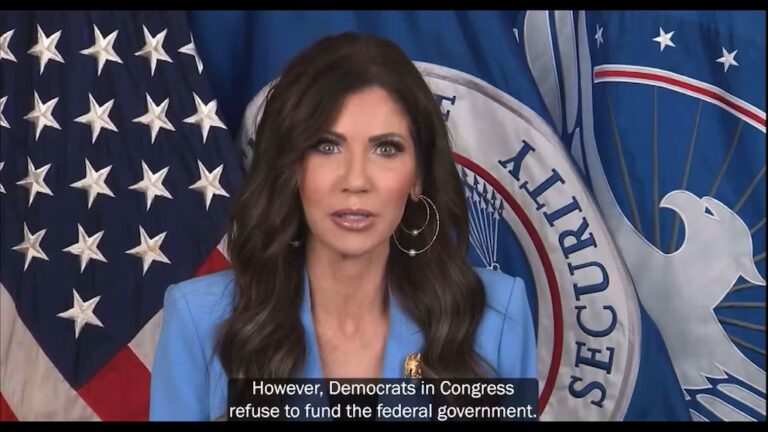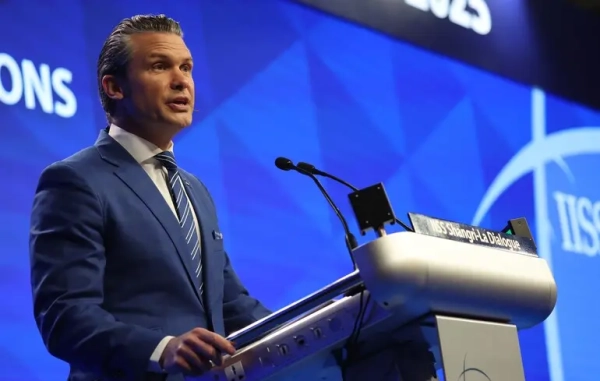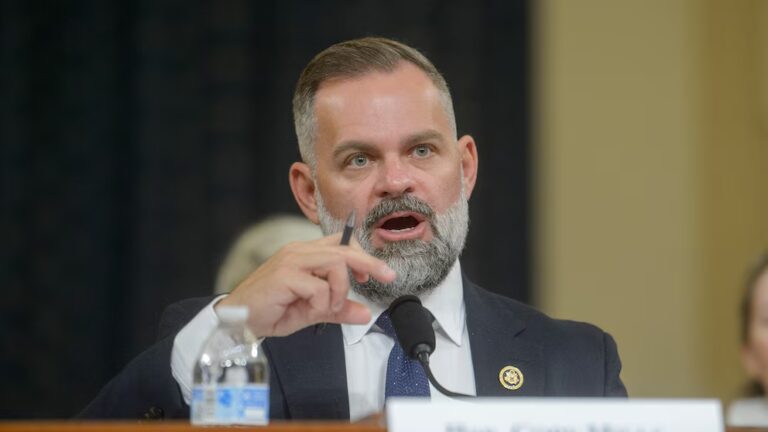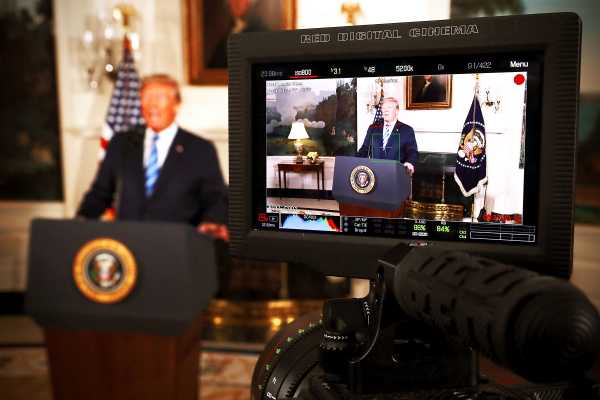
In a very dramatic week of diplomacy, the Trump administration canceled one nuclear arms control agreement, deciding, instead, that sanctioning a rogue state is a superior approach. It also touted a diplomatic breakthrough with another rogue state, which it hopes will lead to a nuclear arms control agreement that drops sanctions.
Meanwhile, back at home, the clouds of scandal around Trump fixer Michael Cohen grew more intense while the last vestiges of Trump’s breaks with conservative orthodoxy on economic policy went around.
Here’s what you need to know.
President Trump pulled out of the Iran nuclear deal
On Tuesday, the Trump administration officially announced America’s withdrawal from the Iran nuclear deal. This step obviously puts the entire framework that has constrained possible Iranian nuclear activities in jeopardy but has not yet destroyed it.
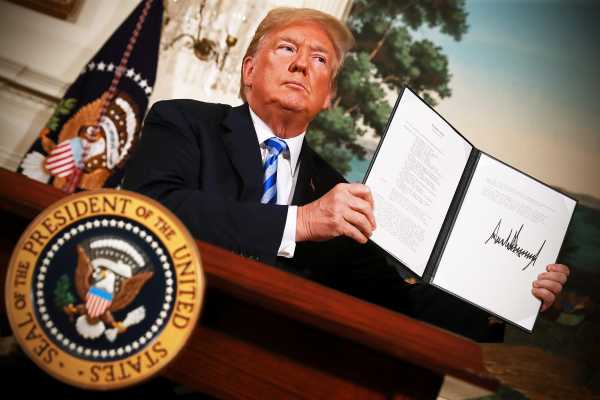
- What it means: In practice, this means the United States will reimpose some sanctions on Iran. But since the US already had a lot of sanctions on Iran stemming from nonnuclear issues, the toughest nuclear-specific sanctions on Iran were levied by US allies. Those sanctions have not been reimposed. To keep it that way, Iran says that for now it will keep abiding by the terms of the deal.
- The risks: New sanctions will hurt Iran’s economy, which could cow Iran into a more subservient state. They could also empower hardliners, who’ve long regarded the deal’s terms as imposing intolerable curbs on Iranian sovereignty. We could easily end up with a somewhat poorer Iran that ends inspections and leaves us in the dark about possible nuclear activities.
- What’s next? Already this week, Israeli and Iranian forces have begun to battle directly in Syria. If the inspections regime in Iran begins to unravel, the next step for Iran hawks will likely be to push the United States to consider bombing Iranian targets.
Trump set a date to negotiate a nuclear deal with Korea
Meanwhile, the White House and the authorities in Pyongyang have set a date for a June 12 summit in Singapore featuring President Trump and North Korean dictator Kim Jong Un. On the table for discussion will be exactly the kind of disarmament-for-sanctions-relief agreement that Trump rejected in the Iranian case, except somehow different in some unspecified way that makes it okay.
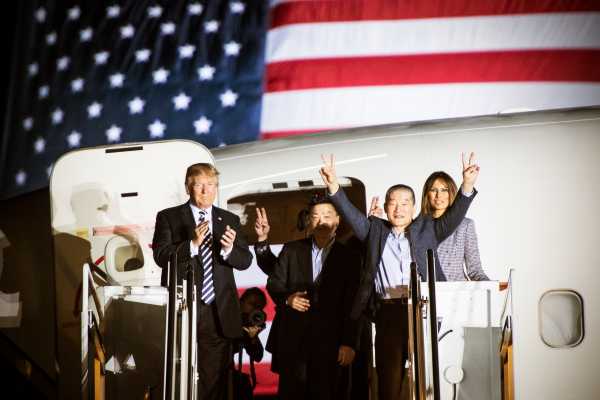
- Hostages freed: As a pre-summit goodwill gesture, Secretary of State Mike Pompeo was allowed to return to the United States with three American hostages who’ve been held captive in North Korea.
- North Korea is good now: Trump somewhat oddly chose to proclaim that Kim had provided “excellent” treatment of the captives, who’d been held for more than a year. At least one of them was sentenced to work in a labor camp.
- What’s the deal? Beyond the theatrics, there are still many unanswered questions about what kind of concessions the Trump administration is prepared to offer to North Korea and in exchange for what — especially given their profound stated skepticism about the inspections regime that was set up in Iran.
Michael Cohen got caught with his hand in the cookie jar
Michael Avenatti, the attorney representing Stormy Daniels in her various Trump-related lawsuits, surprised the world this week by revealing that the same shell company Michael Cohen used to facilitate the hush money payment to Daniels was also cashing big checks from companies seeking policy favors from the Trump administration.
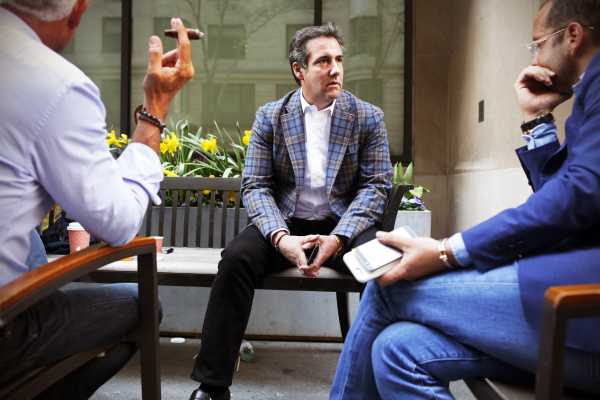
- Essential Consultants’ client list: The list of companies Cohen got to pay him runs the gamut from AT&T and Novartis to Russian oligarch Viktor Vekselberg’s company and Korea Aerospace Industries.
- Money doesn’t always talk: Somewhat ironically, AT&T has been an exception to the rule of generally very business-friendly regulatory policy from the Trump administration, with the Justice Department suing to block a proposed merger with Time Warner.
- The Russia connection: Perhaps most intriguing on the client list is Vekselberg’s company. Not only is its lobbying interest less clear than that of the others, it also registered a bunch of alt-right web domains during the 2016 campaign.
Trump admitted he’s not doing some stuff
Candidate Trump ran to the right of the GOP field on immigration but also broke with Republican Party conventional wisdom on a number of economic policy issues. This week, the White House admitted that despite those promises, there will be no 2018 infrastructure bill. In a Friday speech on prescription drug pricing, Trump dropped promises to have Medicare negotiate cheaper rates.
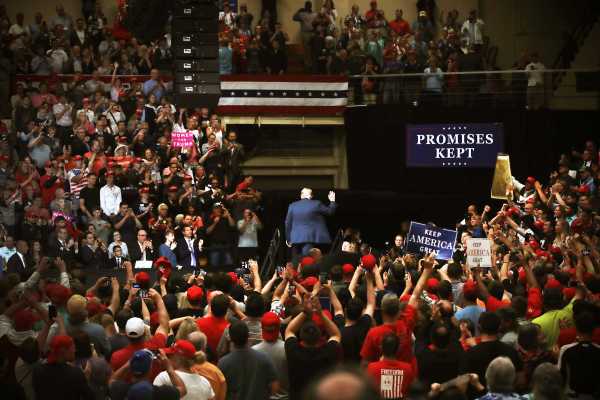
- Promises broken: As recently as the transition, Trump was still saying things like, “There’s very little bidding on drugs. We’re the largest buyer of drugs in the world. And yet we don’t bid properly. We’re going to start bidding.” The idea that Medicare should negotiate aggressively with pharmaceutical companies the way foreign government-run health care systems do has long been a staple of Democratic Party proposals. There was room for bipartisan agreement here, but Trump is dropping the idea.
- No infrastructure either: At Thursday’s White House press briefing, Sarah Huckabee Sanders quietly conceded that the administration’s much-hyped infrastructure bill also isn’t going to happen, saying, “I don’t know that there will be one by the end of the year.”
- What’s next? The current Congress is, to a remarkable extent, totally out of steam in terms of legislative priorities. And outside of immigration, the White House doesn’t seem to have anything on the docket either.
Sourse: vox.com
